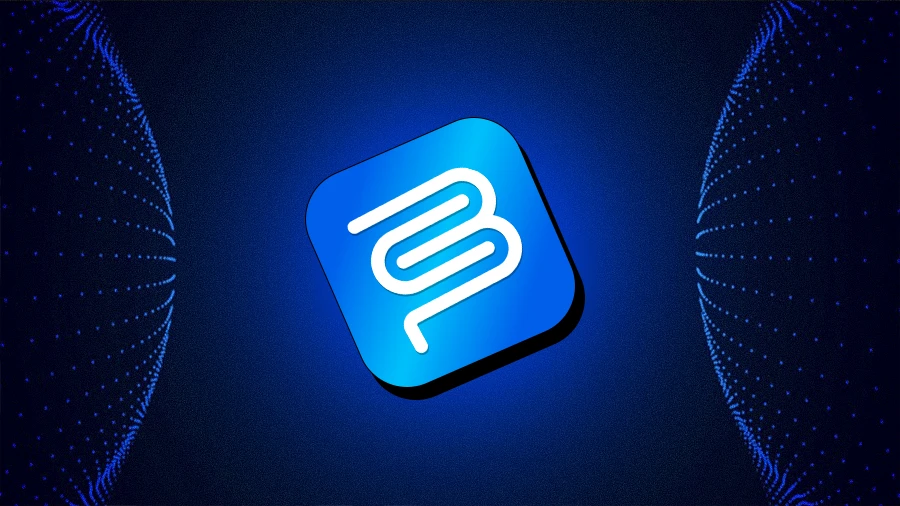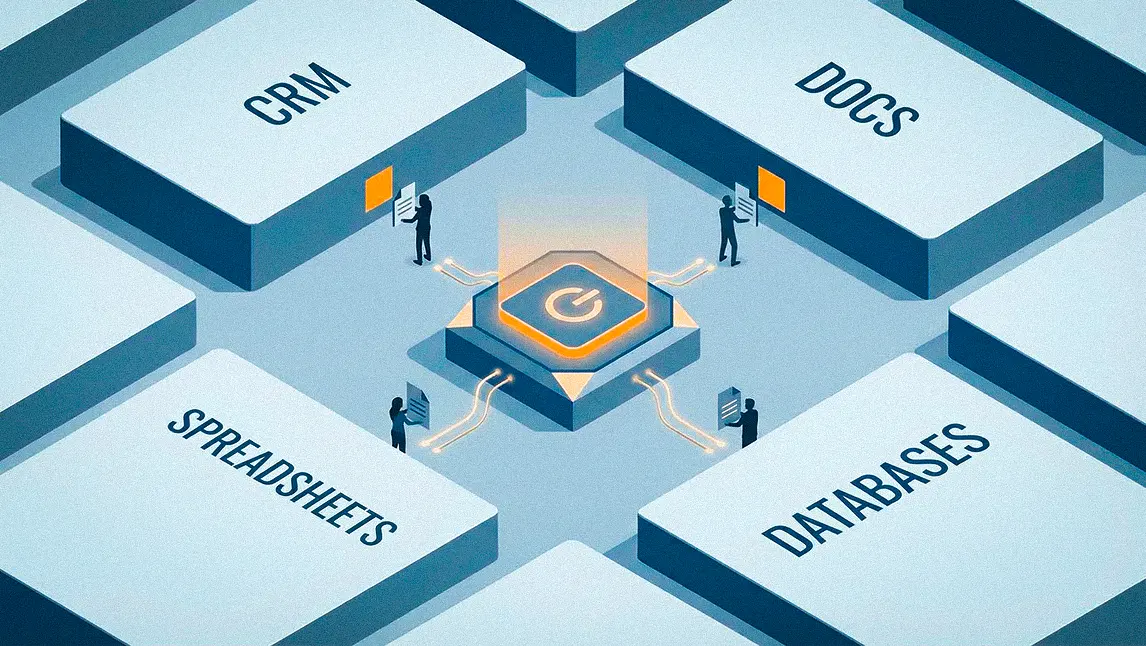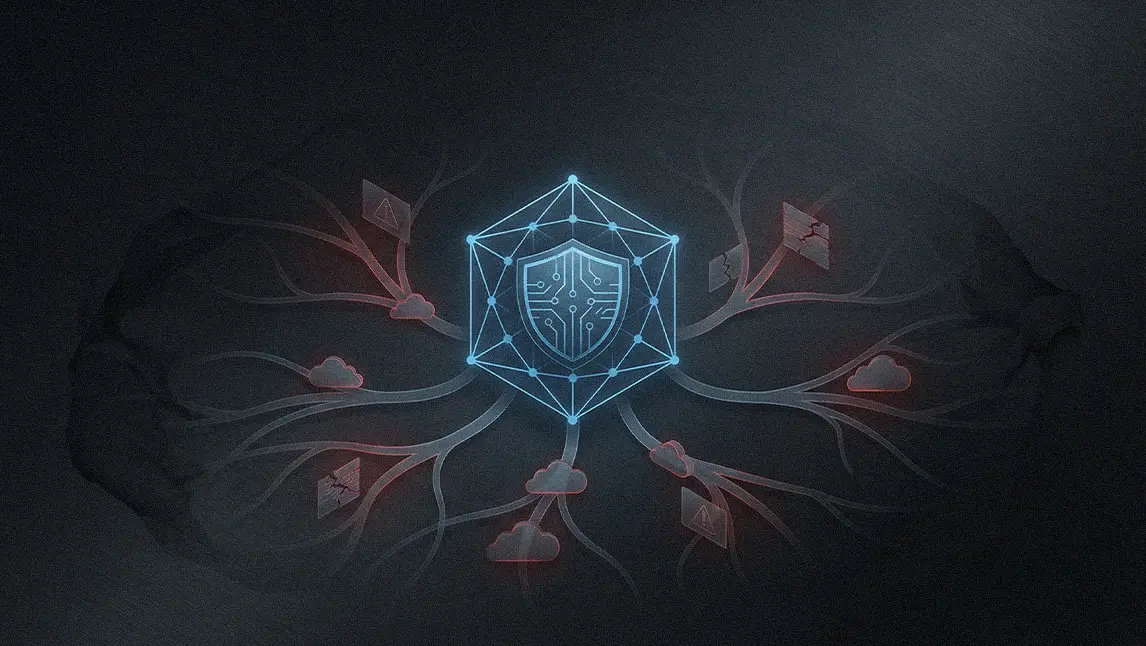The AI industry is in a state of hyper-acceleration with a rush to build and standardize the very infrastructure that will power the future of intelligent automation. Foundational players are establishing the next wave of protocols like Anthropic's Model Context Protocol (MCP) to ensure open standards for connecting AI systems with data sources. But as the industry obsesses over the technical specifications of this new digital plumbing, a more fundamental truth is being overlooked. The success or failure of this next technological wave will not be determined by the elegance of its protocols, but by how intuitively it bends to the patterns of human behavior. The real challenge isn't engineering better machines; it's designing systems that don't require us to re-engineer ourselves.
We spoke with Carlisia P. Campos, an independent enterprise consultant and software engineer with over a decade of hands-on experience in open-source and cloud-native systems. Her current work researching and building MCP servers isn't a theoretical exercise. It began as a practical necessity in the form of a developer tool she built to automate the tedious work of validating content against MCP specs. This hands-on, problem-solving perspective has led her to argue for a radical inversion of responsibility in how we approach building for this new era.
Campos' philosophy presented a direct challenge to the prevailing notion that users must learn a new way of interacting with technology. For her, the goal was the exact opposite.
The principle of least surprise: "The question isn't 'how should we educate the users?' The users should not be educated. We need to design systems that follow the Principle of Least Surprise. If I want to book a whole trip, I don't want to be re-educated. I know how to book a trip today; I don't want to learn a different way. In my opinion, if we need to educate the user, we are doing it wrong. The burden is on the system designers."
This philosophy is rooted in a crucial distinction that many developers miss. The new paradigm of agentic AI is not simply an evolution of what came before. Campos forcefully rejected the common analogy of MCP as an "API 2.0," arguing that this mental model is a conceptual error that masks the true nature of the challenge.
A new paradigm: "I would prefer that people thought of it as something completely different," she explained. "A REST API is deterministic. But in a system that has an LLM, we need to account for unpredictability. We have to, in terms of design, ask: given this scenario that I have this very finicky user that has amnesia and hallucinates, what's the best that I can do as a systems architect to handle that and manage it?"
This shift from a deterministic to an unpredictable system changes the fundamental job of the engineer. In the old world, the primary concern was the quality of the data. In this new agentic world, the challenge is managing the behavior of the agent itself.
Managing behavior, not just data: "With AI systems, that's not the whole story," Campos clarified, pushing back against the idea that it’s all about efficient data movement. "The way we are instructing the LLM becomes very prominent. The data by itself is not the most relevant thing. We need to be able to handle that behavior, and validate and track and audit it. That becomes very, very important now."
This focus on managing behavior brings the design process back to its most essential starting point: intention. In a recent LinkedIn post, Campos argued that any successful implementation "needs to have clear purpose and use cases" to avoid getting lost in technical complexity. This disciplined, purpose-driven approach is the only way to build systems that align with human intuition.









